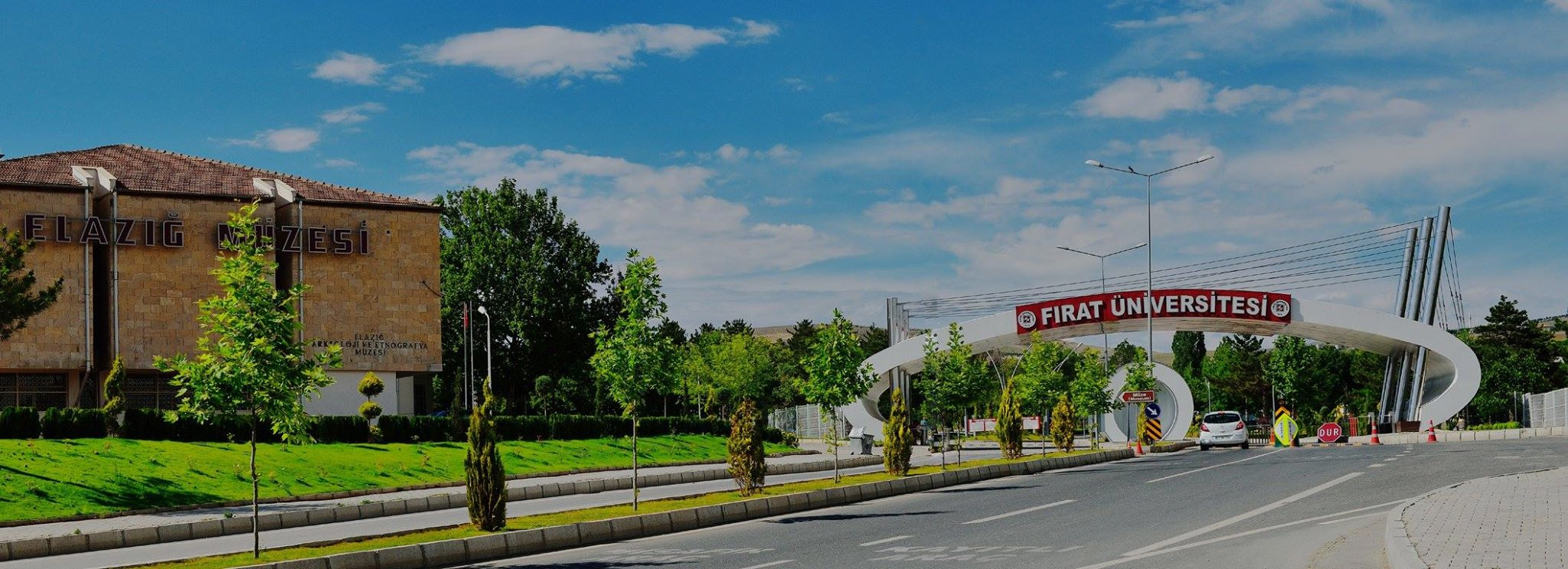
Department of Probability Theory and Probabilistic Processes
Probability Theory is a branch of science that enables the mathematical modeling of random events. It offers an analytical approach by defining the concepts of random variables, events, and probability spaces based on axioms.
Stochastic Processes, on the other hand, examine collections of random variables that evolve over time or space, enabling models to model processes such as time series, Markov chains, and martingales.
Course content offered in this field typically covers the following topics:
An introduction to fundamental concepts of probability (axioms, events, conditional probability, independence, Bayes' theorem)
Random variables (discrete and continuous distributions), moment generating functions, characteristic functions
Multivariate probability distributions, covariance, correlation, central limit theorem, law of large numbers
Random processes: Examination of Markov processes, autocorrelation, spectral analysis, martingales, and similar stochastic structures
This discipline plays a critical role in translating theoretical models into practice in many fields, including finance, engineering, physics (e.g., statistical mechanics), signal processing, economics, and biology.
Education and research in this field are crucial for modeling uncertainty in modern applied problems, analyzing stochastic processes, and deriving meaningful conclusions from data.
Quick Access